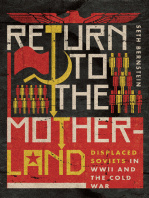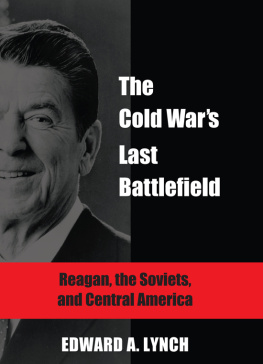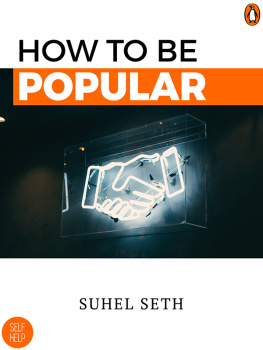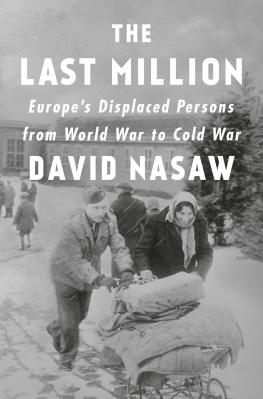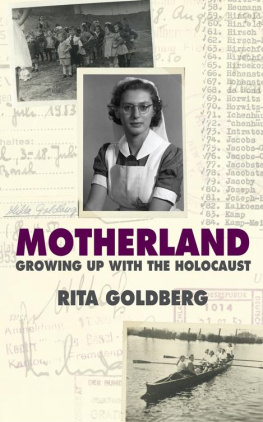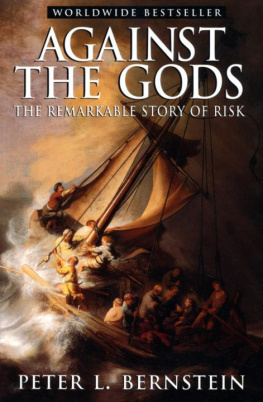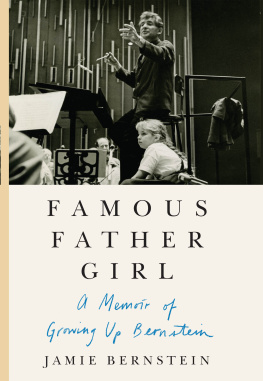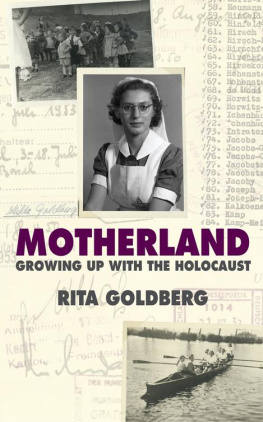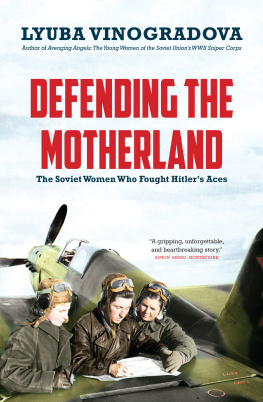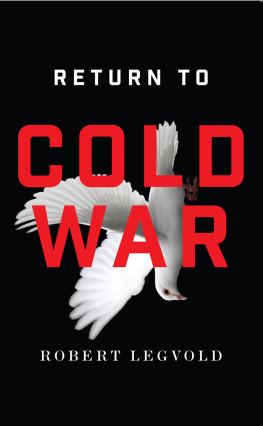Seth Bernstein - Return to the Motherland: Displaced Soviets in WWII and the Cold War
Here you can read online Seth Bernstein - Return to the Motherland: Displaced Soviets in WWII and the Cold War full text of the book (entire story) in english for free. Download pdf and epub, get meaning, cover and reviews about this ebook. genre: Politics. Description of the work, (preface) as well as reviews are available. Best literature library LitArk.com created for fans of good reading and offers a wide selection of genres:
Romance novel
Science fiction
Adventure
Detective
Science
History
Home and family
Prose
Art
Politics
Computer
Non-fiction
Religion
Business
Children
Humor
Choose a favorite category and find really read worthwhile books. Enjoy immersion in the world of imagination, feel the emotions of the characters or learn something new for yourself, make an fascinating discovery.
- Book:Return to the Motherland: Displaced Soviets in WWII and the Cold War
- Author:
- Genre:
- Rating:3 / 5
- Favourites:Add to favourites
- Your mark:
- 60
- 1
- 2
- 3
- 4
- 5
Return to the Motherland: Displaced Soviets in WWII and the Cold War: summary, description and annotation
We offer to read an annotation, description, summary or preface (depends on what the author of the book "Return to the Motherland: Displaced Soviets in WWII and the Cold War" wrote himself). If you haven't found the necessary information about the book — write in the comments, we will try to find it.
Seth Bernstein: author's other books
Who wrote Return to the Motherland: Displaced Soviets in WWII and the Cold War? Find out the surname, the name of the author of the book and a list of all author's works by series.
Return to the Motherland: Displaced Soviets in WWII and the Cold War — read online for free the complete book (whole text) full work
Below is the text of the book, divided by pages. System saving the place of the last page read, allows you to conveniently read the book "Return to the Motherland: Displaced Soviets in WWII and the Cold War" online for free, without having to search again every time where you left off. Put a bookmark, and you can go to the page where you finished reading at any time.
Font size:
Interval:
Bookmark:
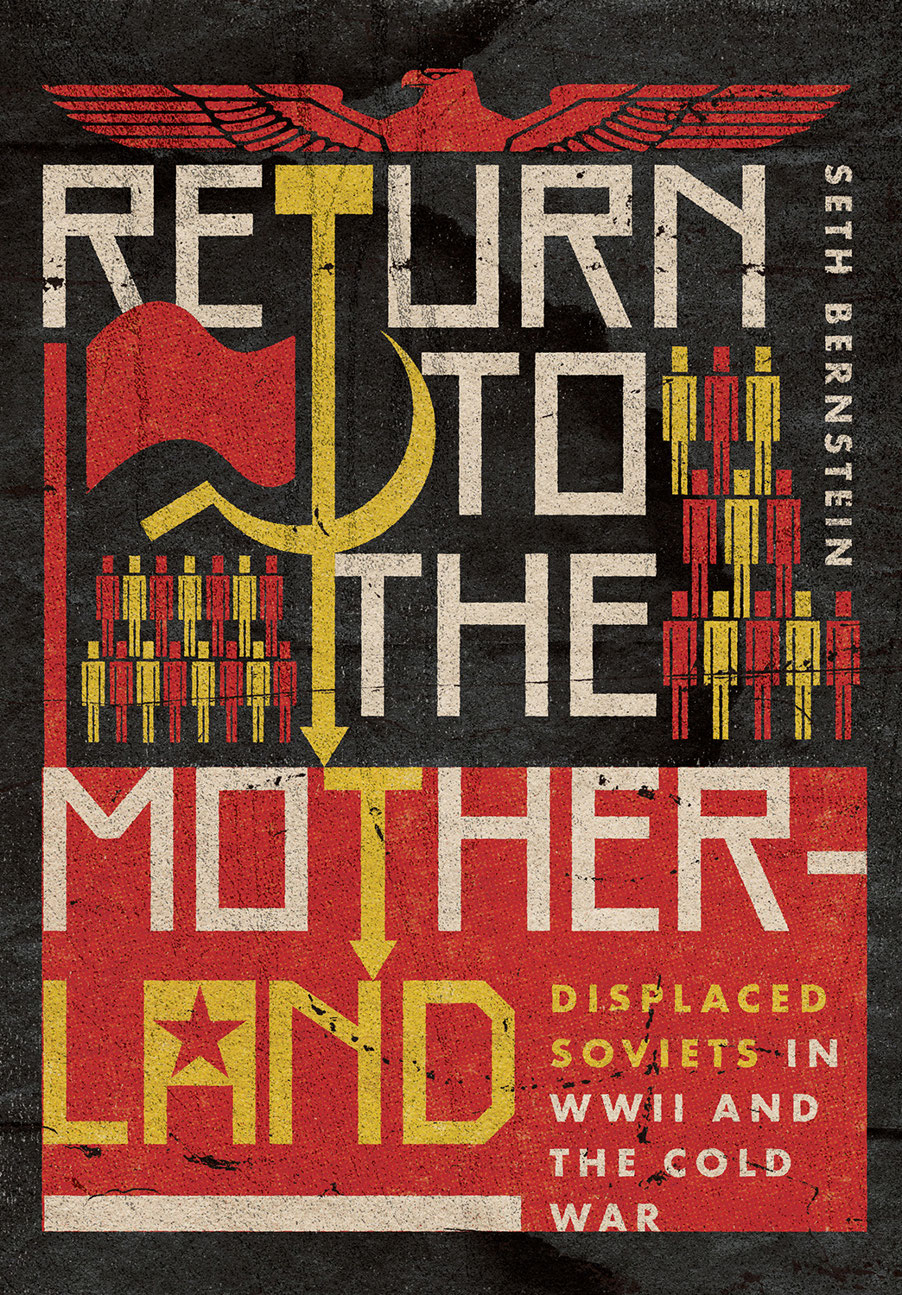
CORNELL UNIVERSITY PRESS ITHACA AND LONDON
This book must begin with my acknowledgement of something that is missing: Russias war on Ukraine. I am adding this paragraph in April 2022. It is unusual when an event reframes history as dramatically as the Russian invasion has. Much of this book takes place in Ukraine, and it uses Ukrainian archives extensively. Some of these materials have been destroyed in the war. Other files in Ukraine and Russia will be difficult or impossible to access in the future. I recognize that this book could have spent more time on specifically Ukrainian aspects of the story. The war has also highlighted patterns in the treatment of refugees and in the actions of the displaced. I hope to return to these themes in future work. In the meantime, I believe that this study will contribute to discussions about the historical precedents of the war and the Soviet legacies of displacement.
I began this book in Moscow in 2014 and finished it as a repatriate to the United States in Gainesville, Florida. It is a project I began at a time of increasing instability in Eastern Europe and finished during the COVID-19 pandemic. As for many of us, events conspired to separate me physically from colleagues, friends, and family during this period, but the shared effort of writing this book brought us closer in other ways.
A group of mentors played an important role in this work. Lynne Viola has been a model of intellectual rigor, collegiality, and support throughout my career. I am grateful to Oleg Khlevniuk for his advice and insightful reading of a draft of the full manuscript. I benefited from the environment and resources of the International Center for the History and Sociology of World War II and Its Consequences at the Higher School of Economics (HSE) and from continuing discussions with Oleg Budnitskii, Michael David-Fox, and Liudmila Novikova. I would also like to thank Aleksandr Kamenskii, my chair at HSE, and Elizabeth Dale and Jon Sensbach, my chairs at the University of Florida, for their support of the project.
I relied on many colleagues readings of chapters in this book and related work. Their number is so large that I worry I have missed some. They include Rachel Applebaum, Alan Barenberg, Wilson Bell, Jon Brunstedt, Diana Dumitru, Geoff Eley, Alice Freifeld, Norm Goda, Anna Hajkova, Sam Hirst, Artem Latyshev, Vojin Majstorovic, Irina Makhalova, Tracy McDonald, Alex Melnyk, Dan Newman, Liudmila Novikova, Anatoly Pinsky, Maris Rowe-McCulloch, Erik Scott, David Shearer, Lewis Siegelbaum, Vladimir Solonari, Lynne Viola, Alex Voronovici, Zbig Wojnowski, and Katherine Zubovich. A special thanks is due to Susan Grant, who read nearly the entire book as I produced chapters. I also would like to thank Natalie Belsky, Florin Curta, Franziska Exeler, Krista Goff, Michael Gorham, Aaron Hale-Dorrell, Kristy Ironside, Andy Janco, Sheryl Kroen, Ilya Kukulin, Matt Lenoe, Mike Loader, Thom Loyd, Angelina Lucento, Steve Maddox, Laurie Manchester, Jared McBride, Alison Smith, Jessica Werneke, and Beate Winzer for suggestions and discussions that informed the work. The members of my student research group at HSE provided valuable help processing data and discussing their meaning with me: Irina Makhalova, Anastasia Zaplatina, Vasilina Chernysheva, Vladislav Iakovenko, Dmitrii Kotilevich, Sofia Filina, Nelli Gasimova, Valeria Pleshkova, Aleksandra Riabichenko, Maria Satyeva, Elizaveta Solodovnikova, Liza Stovba, and Vladislav Tiurin.
The research for this book brought me to archives in Russia, Ukraine, the United Kingdom, and the United States. I owe much to Maria Panova of Ukraines secret police archive, who has instructed me on its workings since 2014 and has always found materials for me, even if I did not know what I was looking for. I also thank Vadim Altskan, Jrgen Matthus, and others at the United States Holocaust Memorial Museum, who helped me navigate the museums extensive holdings. Anne Friebel of the Leipzig Nazi Forced Labor Memorial went to extraordinary lengths to track down information on members of Leipzig resistance groups. Alena Kozlova at Memorial in Moscow, closed by the Russian government in 2022, gave me early access to interviews with former forced laborers that would become part of the wonderful site Ta storona (The Other Side, http://www.tastorona.su).
It has been a pleasure to work with Cornell University Press. Emily Andrew organized an insightful review of my manuscript. I thank Mark Edele, who unmasked himself as a reviewer, and the two reviewers who remain cloaked as the book goes to press for their generous comments on my work. Bethany Wasik has been a model of responsive editing since she took over the project in its middle stages. David Silbey, the series editor for Battlegrounds, has buoyed this work with unflinching enthusiasm. Susan Ecklund of Westchester Publishing Services ironed out the text and caught most of my typos.
My family has endured separations that we anticipated and those we did not. My parents, Jim Bernstein and Lynn Franklin, made many trips across the Atlantic to visit while I worked on this book from Moscow. My sister, Miranda Bernstein, made two trips, which is also pretty good. Liubov Glakhova, Andrei Kuzmin, Andrei Glakhov, and Alesia Glakhova provided food, company, and daycare while I wrote in Smolensk. My job took me away from Tanya and Teo for hours, days, weeks, and, unexpectedly, more than a year in 202021. And then once we were reunited, I made Tanya help me with the maps over the holidays at the end of 2021 instead of letting her drink eggnog and relax. This book is also a product of their sacrifices.
This work received financial support from the Russian Academic Excellence Project 5100. I also benefited from my time as the Pearl Resnick Fellow at the Jack, Joseph and Morton Mandel Center for Advanced Holocaust Studies, United States Holocaust Memorial Museum. The University of Florida sponsored my final research trips for the project. Funding toward publication was provided by the University of Florida College of Liberal Arts and Sciences and the Center for the Humanities and the Public Sphere (Rothman Endowment and Humanities Fund in Honor of Dr. Bonnie Effros, founding director). An earlier version of chapter 5 appeared in the article Ambiguous Homecoming: Retribution, Exploitation and Social Tensions during Repatriation to the USSR, 19441946, Past & Present, no. 242 (2019): 193226.
This book uses a modified version of the Library of Congress (LOC) transliteration conventions. Citations adhere to unmodified LOC transliteration. Within the text, I have used the commonly accepted spelling of well-known places and people (e.g., Moscow, Dnepr River, Trotsky). I have also converted names and places with iia endings to ia and dropped the soft sign mark (). For example, the Eastern Workers Natalia Berkun and Efrosiniia Usenko in this book are Natalia and Efrosinia. Peoples names I have given as transliterated from the language of the source document, except in cases where the original as rendered in Latin characters was clear. For example, the French name Claude is rendered as such rather than Klod, which a direct transliteration from documents in Russian would produce.
Navigating the various languages of the region presents a difficulty for giving place-names. The people in this book understood and used multiple languages depending on the context, time, and place. Place-names also changed depending on which power ruled the area. To streamline the work, I have attempted to call place-names by their official designation at the time in the official language of the region. Ukraines capital is Kyiv (Ukrainian) rather than Kiev (Russian).
Next pageFont size:
Interval:
Bookmark:
Similar books «Return to the Motherland: Displaced Soviets in WWII and the Cold War»
Look at similar books to Return to the Motherland: Displaced Soviets in WWII and the Cold War. We have selected literature similar in name and meaning in the hope of providing readers with more options to find new, interesting, not yet read works.
Discussion, reviews of the book Return to the Motherland: Displaced Soviets in WWII and the Cold War and just readers' own opinions. Leave your comments, write what you think about the work, its meaning or the main characters. Specify what exactly you liked and what you didn't like, and why you think so.

